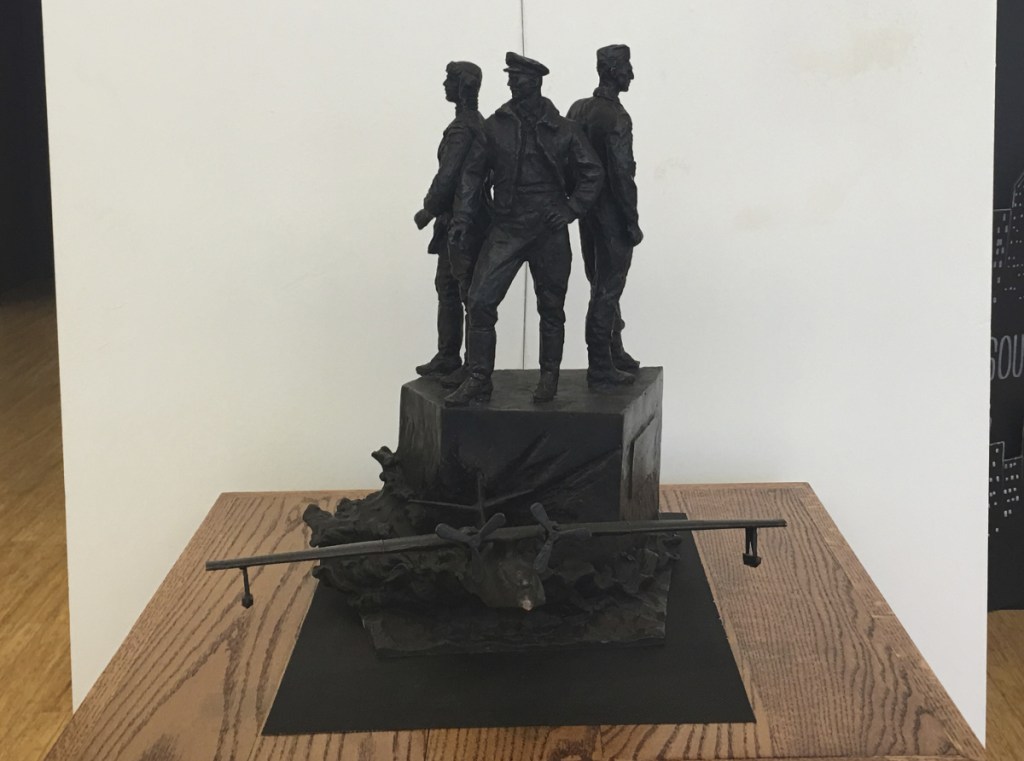ELIZABETH CITY, N.C. — Back in World War II when the U.S. and Russia were allied against the Nazis, hundreds of Soviet aviators were trained on the North Carolina coast as part of a secret spy project – but now, an effort to honor their mission has triggered a miniature Cold War in a small American city.
The Russian Ministry of Defense wants to place a 25-ton bronze monument in Elizabeth City, where the recently declassified Project Zebra was carried out. Russia would pay for the 13-foot tall monument, with the city footing the bill for improvements to the as-yet undeveloped park on the Pasquotank River where it would be located.
But amid international tensions and fears about Russian hacking of U.S. elections, Elizabeth City officials have rejected a memorandum of understanding that was to be the next step.
“We are living in troubled times, and people are very concerned about a lot of things,” council member Anita Hummer said at the meeting where the council voted 5-3 to reject the memorandum. “And I realize that it’s about honoring fallen heroes from World War II, and we have Americans who fought in World War II who are buried in Russia. But times were different then.”
One council member warned the monument could be a Trojan horse. Johnnie Walton worries the Russians could put something in it that could be triggered remotely to disrupt the internet or electrical grid.
“Russia is known for hacking now. They’re experts at hacking, and then we’ve got the largest Coast Guard base (that) can’t help anybody because our computers have gone down because Russia controls our mouse,” Walton said at a committee meeting, according to The Daily Advance.
A Russian-American joint commission on POWs and MIAs wanted the monument in Elizabeth City because of a top-secret WWII operation at U.S. Coast Guard station there. Declassified just a few years ago, Project Zebra helped train about 300 Soviet aviators. Their mission was to find German submarines and bomb them.
One night in 1945, three Russians, a Ukrainian and a Canadian were killed when a seaplane bound for Russia crashed in the Pasquotank River. Their sacrifice was never publicly recognized and the crash was forgotten for decades.
After Project Zebra was declassified in 2013, efforts slowly developed to honor it with a monument.
Send questions/comments to the editors.



Success. Please wait for the page to reload. If the page does not reload within 5 seconds, please refresh the page.
Enter your email and password to access comments.
Hi, to comment on stories you must . This profile is in addition to your subscription and website login.
Already have a commenting profile? .
Invalid username/password.
Please check your email to confirm and complete your registration.
Only subscribers are eligible to post comments. Please subscribe or login first for digital access. Here’s why.
Use the form below to reset your password. When you've submitted your account email, we will send an email with a reset code.